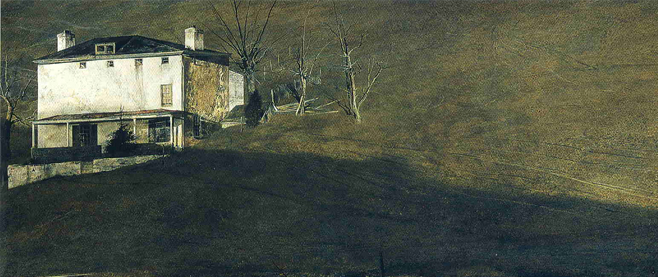
Dies Irae
 This is a reprint of the Music essay from Issue #55 of Exploits, our collaborative cultural diary in magazine form. If you like what you see, buy it now for $2, or subscribe to never miss an issue (note: Exploits is always free for subscribers of Unwinnable Monthly). Listen to the accompanying playlist on Spotify.
This is a reprint of the Music essay from Issue #55 of Exploits, our collaborative cultural diary in magazine form. If you like what you see, buy it now for $2, or subscribe to never miss an issue (note: Exploits is always free for subscribers of Unwinnable Monthly). Listen to the accompanying playlist on Spotify.
———
This is the story of the four most ominous notes in the soundtrack world. My journey to these notes began with Wendy Carlos’s brilliant work on The Shining. They’re the first thing we hear as soon as the movie opens. They’re deep, haunting and absolutely set the tone of the movie that follows.
Those four notes are from an almost 800-year-old Gregorian chant known as “Dies Irae” (Day of Wrath) and honestly that whole song just conveys dread. Which is awesome and exactly why I’m telling you about it now. That four-note opening phrase is so weighty it almost seems to have curved musical history around it. To the point where, now, they appear almost every time a foreboding phrase is needed.
The Shining isn’t even Carlos’s first use of the notes. That’s in A Clockwork Orange, which famously begins with a synth version of Henry Purcell’s “Funeral of Queen Mary” where the “Dies Irae” notes are folded in as the camera pans back. But then, too, The Shining isn’t even my first exposure to these notes. It’s there when Luke mourns his aunt and uncle. It’s there when Scar attempts to murder Simba.
And I’m not the only one who began to hear it everywhere. Musicologist Alex Ludwig has tracked over 200 usages of the “Dies Irae” that span almost 100 years. It seems like within 20 years of music being directly tied to film that the “Dies Irae” had arrived and would remain for the rest of time.
The “Dies Irae” is not the ear worm that a commercial jingle is. It’s intensely moody. But once you hear it you feel something, often dread. Its notes feel as though they’ll summon shadows in fully lit rooms. It’s the kind of sound you’d expect to portend an eclipse. And now, hopefully it’s something you’ll begin to notice as Ludwig and I have.




